Home > Region 8 Prevention Fellows and Mentors
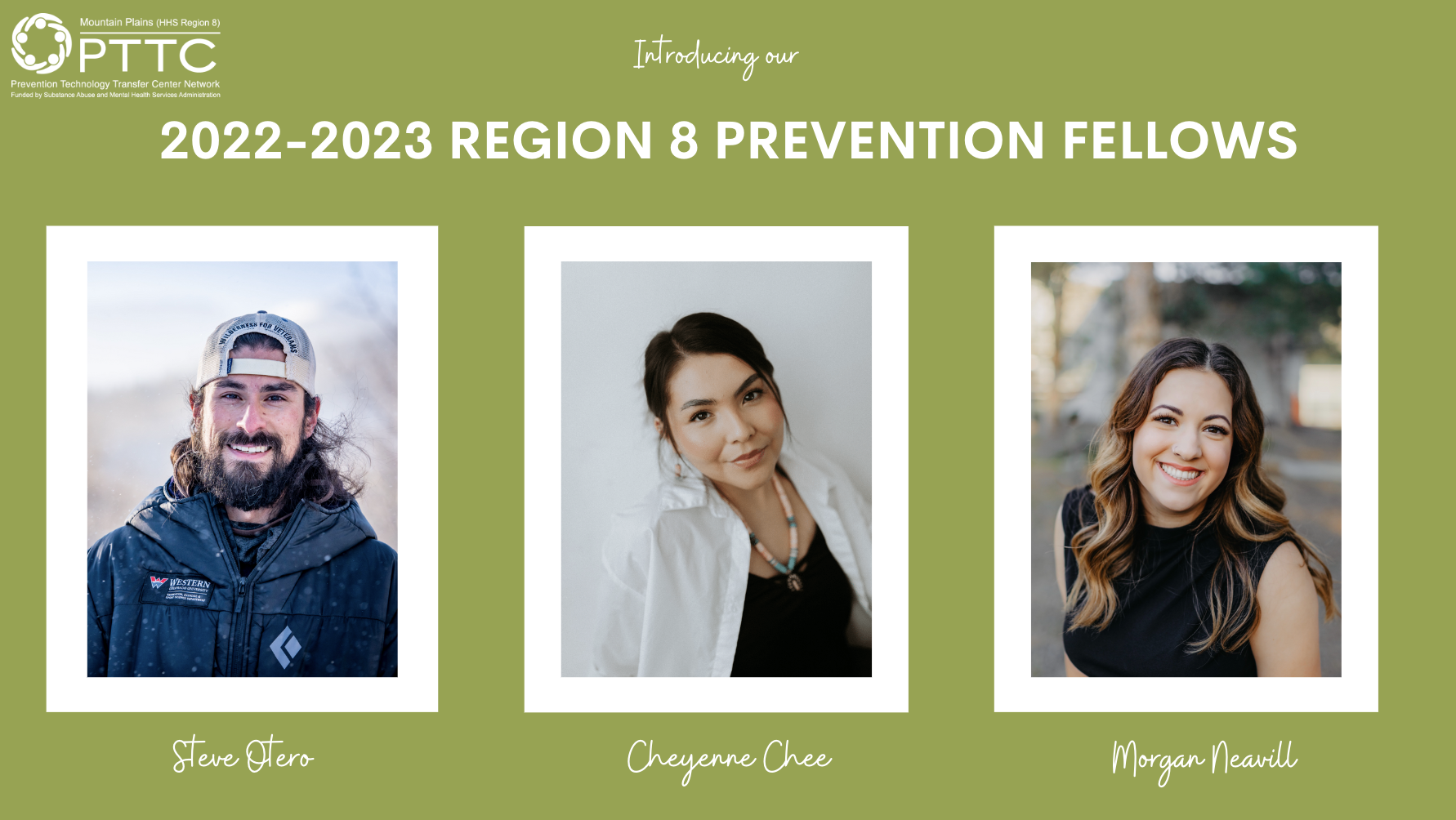
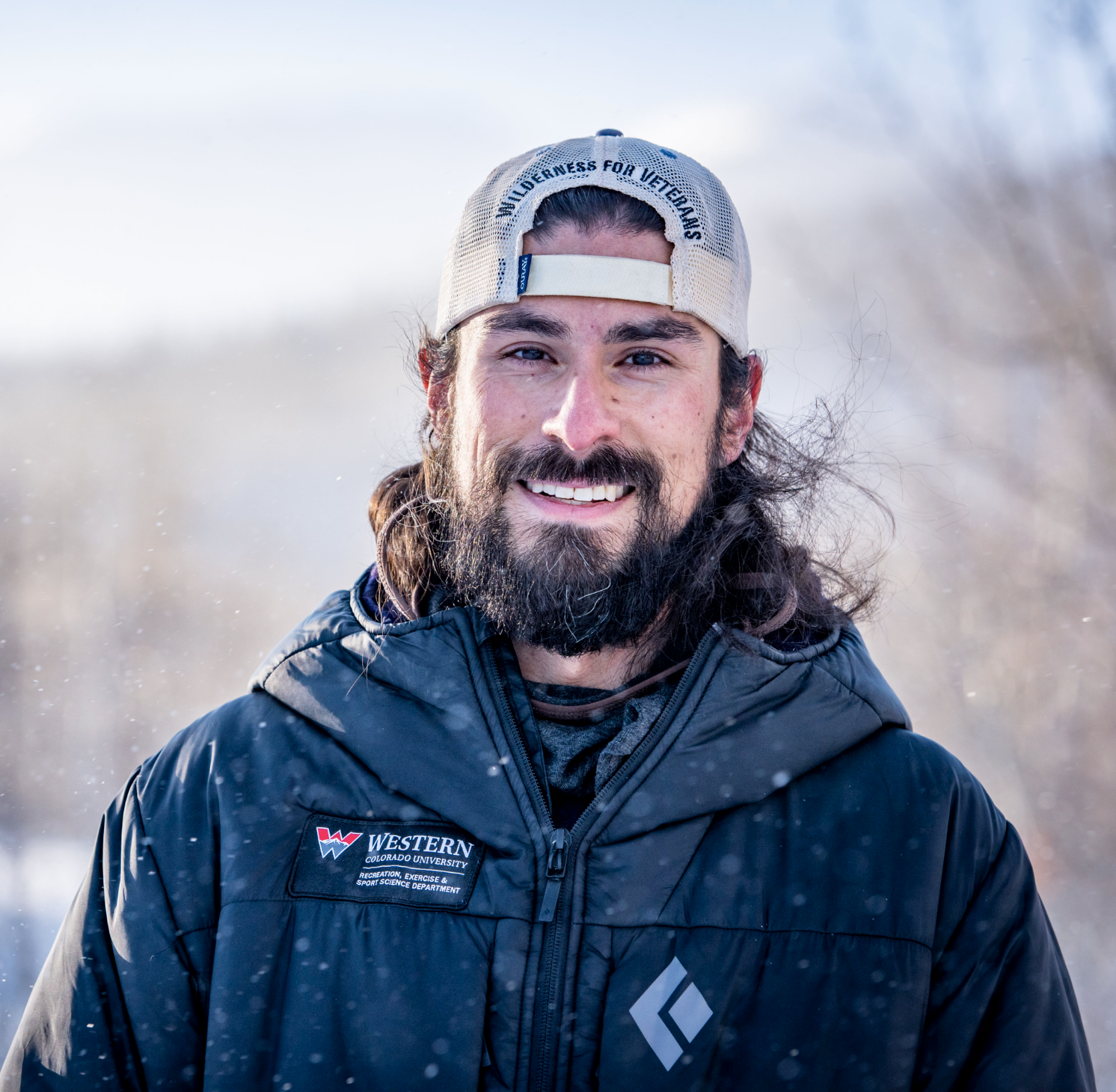 Steve Otero
Steve Otero
Western Colorado University, Colorado
Steve Otero is a Certified Workplace Mindfulness Facilitator, National Outdoor Leadership
School (NOLS) outdoor educator, and holds bachelor's degrees in Exercise Science,
Experimental Psychology, and Recreation and Outdoor education from Western Colorado
University. His passion is connecting others with the power of the natural world. He serves as a
Veteran Services Officer in Gunnison County, CO and as part of the federal "Task Force on
Outdoor Recreation for Veterans", which is investigating the use of outdoor recreation for the
health and wellness of veterans. Steve is also a US Air Force military veteran with combat
deployments to both Iraq and Afghanistan as a combat cameraman and forensic investigator.
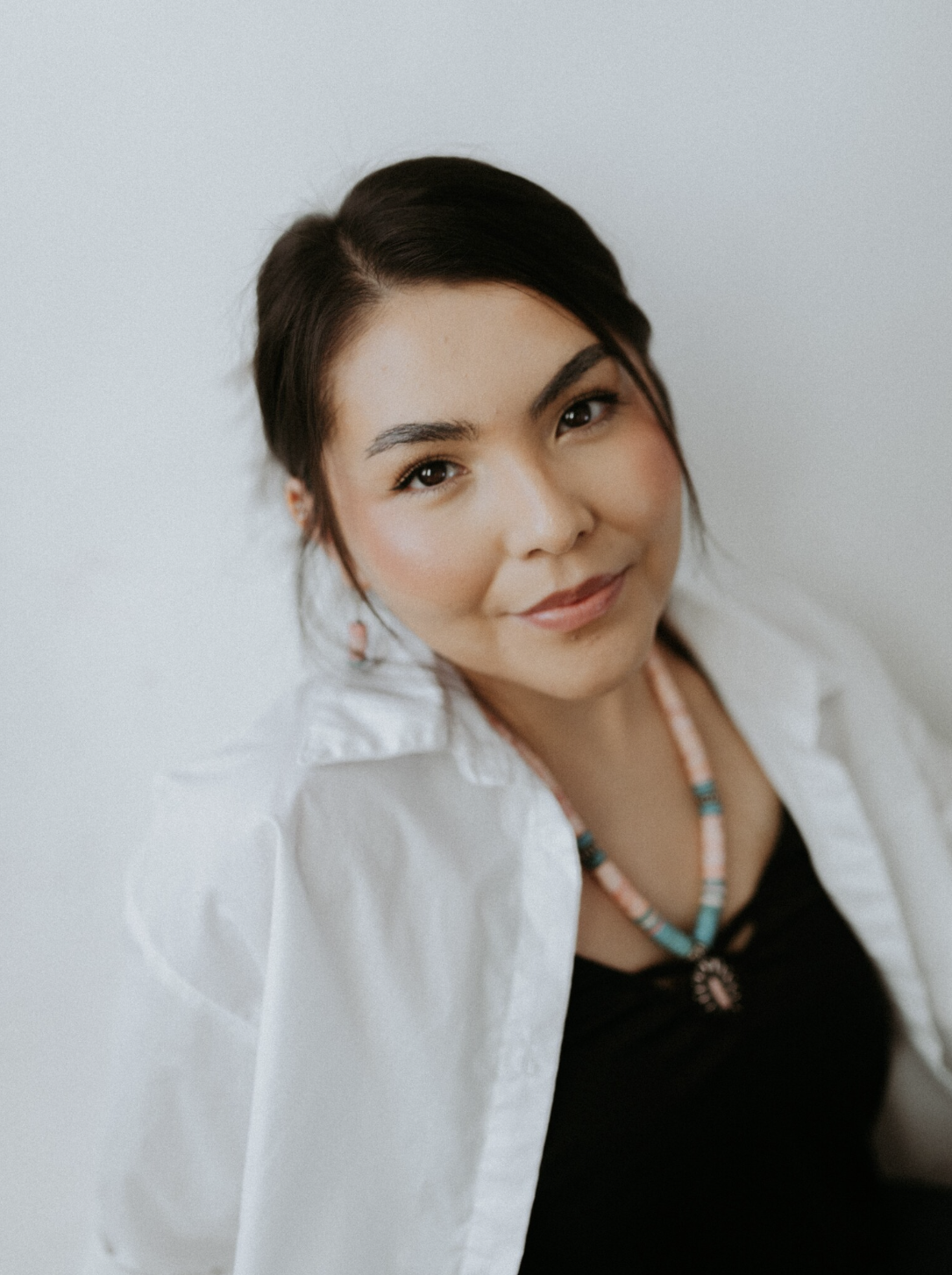 Cheyenne Chee
Cheyenne Chee
Utah State University, Utah
I am in the first year of my Master of Public Health program at Utah State University. I am a
first-generation, Navajo student. During my undergraduate degree, I majored in human biology
at Utah State University. It was during my undergraduate degree journey that my love for public
health grew. In August 2022, I applied to the Mountain Plains PTTC fellowship program. I got
accepted in October 2022. My mentor is Heidi Dutson from the Utah Department of Health and
Human Services. I am excited to learn more skills and strengthen my career and preparation in
prevention.
Empowering Native Families: A Youth Cannabis Prevention Toolkit for Native American Parents
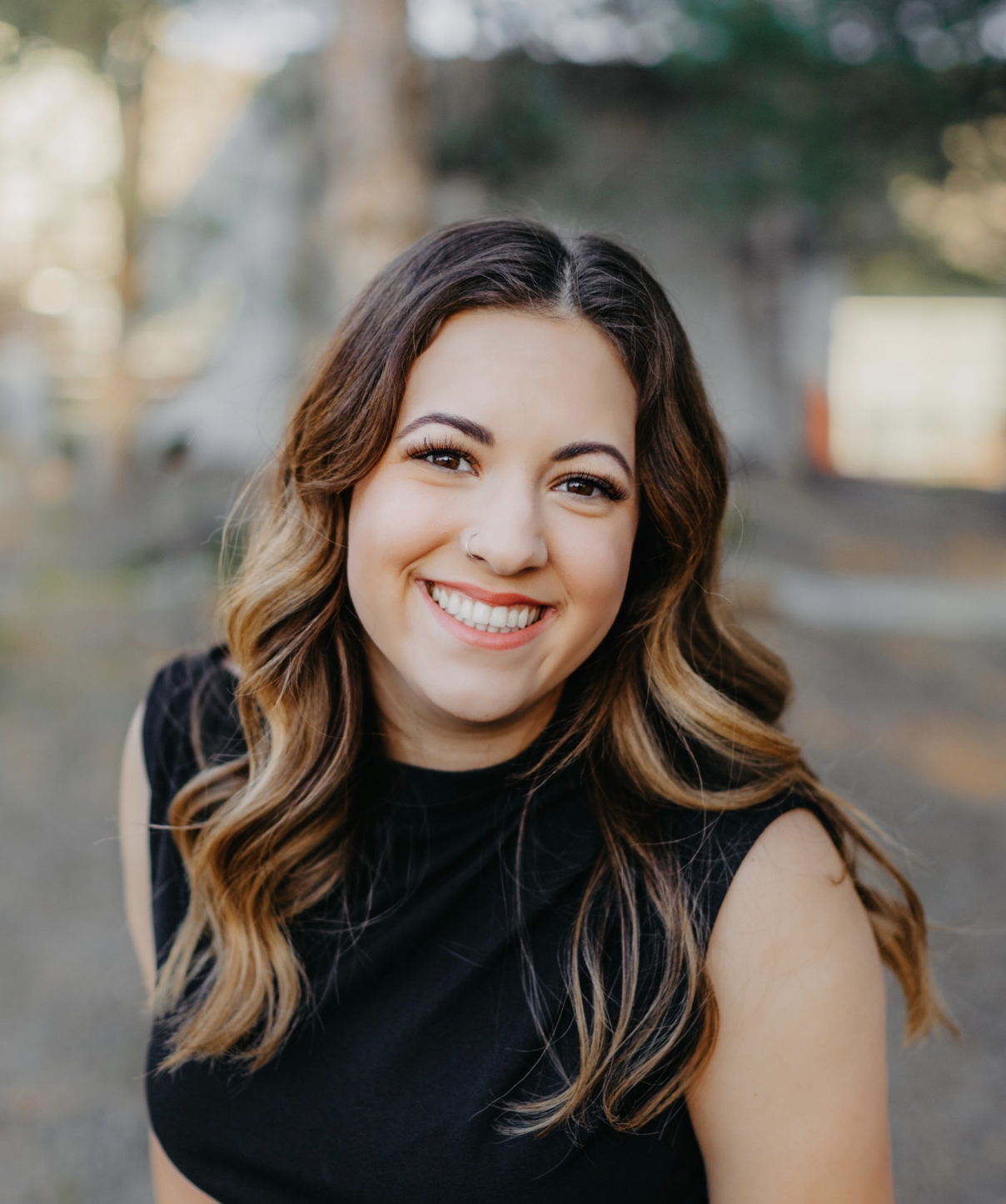 Morgan Neavill
Morgan Neavill
Montana State University, Montana
I am currently a student at Montana State University working on my Ph.D. in Psychological
Science. My research is on substance use disorders in American Indian and Alaska Native
communities. My ultimate career goal is to bring culturally adapted mental health resources to
underserved communities in rural Alaska. This prevention fellowship will aid me in attaining the
education necessary to do so. I am excited to be working with Youth Connections on creating
content to educate policymakers on how current legislation affects substance use in Montana
communities.
Montana Alliance of Prevention (MAP) Website and Advocacy Toolkit
_________________________________________________________________________________________________________
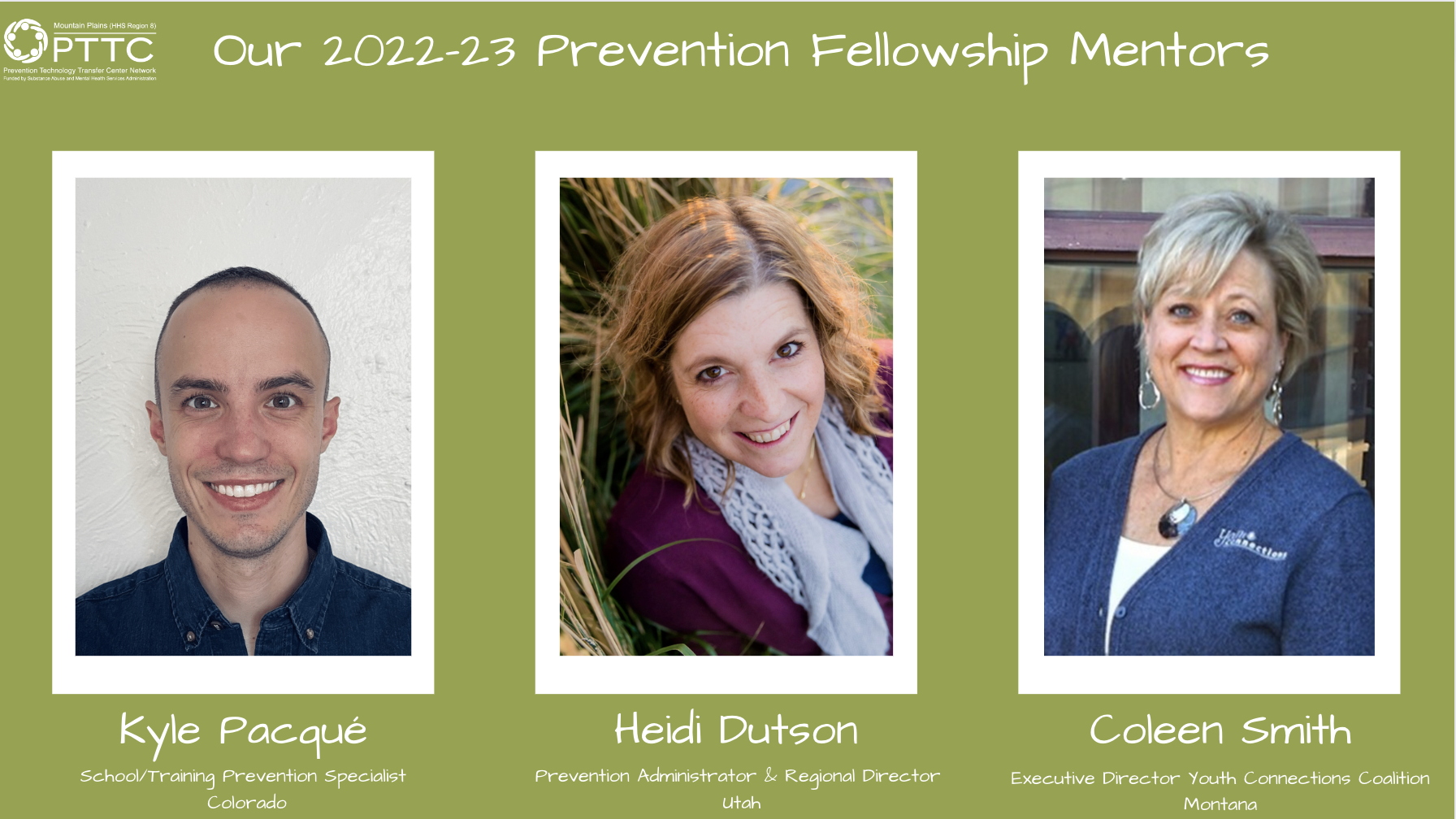
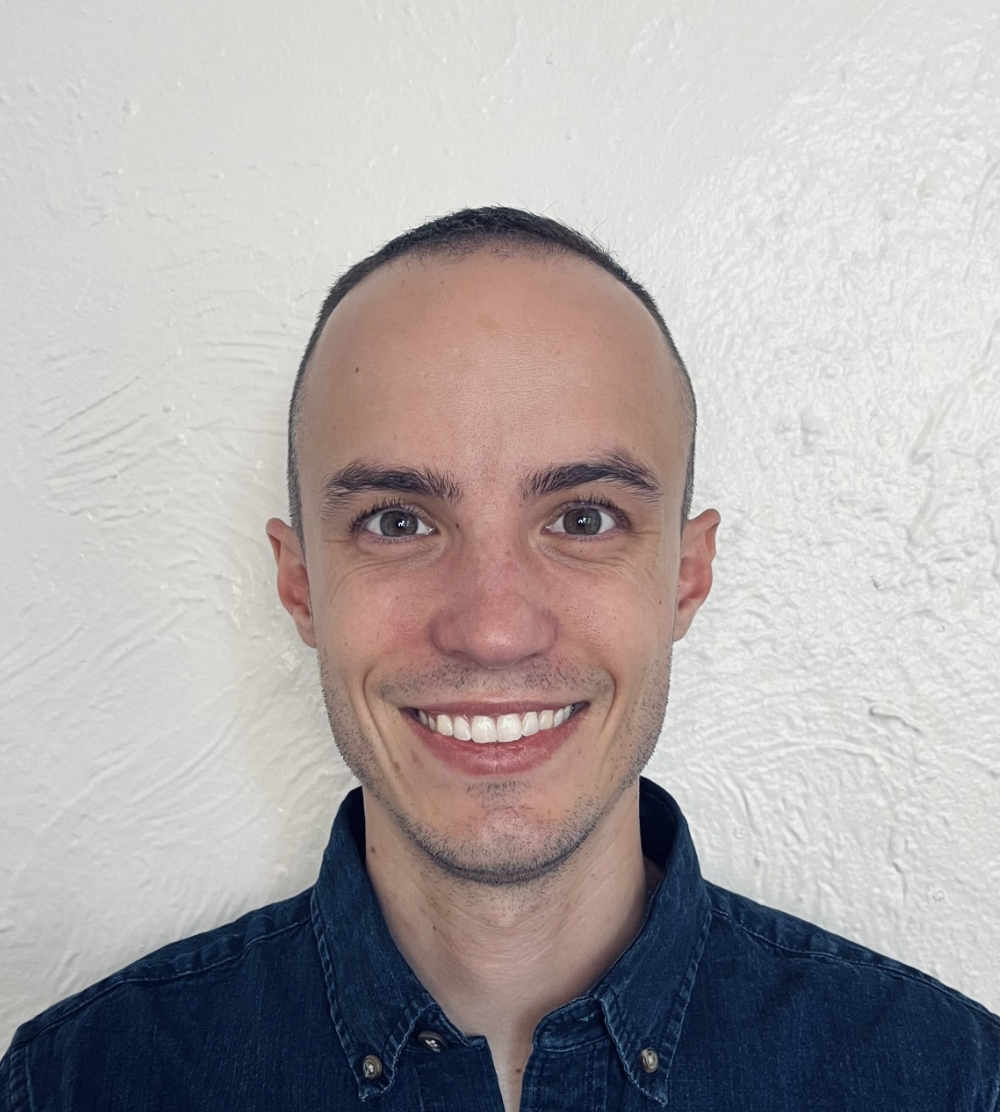 Kyle Pacqué
Kyle Pacqué
School/Training Prevention Specialist, Community Prevention & Early Intervention Unit, Colorado Department of Prevention Health and Environment
Co-Coordinator, Project AWARE, Colorado Department of Education
My name is Kyle Pacqué (pronounced like Beyoncé or café ☺). I have two roles within state government; .5 FTE as the School/Training Prevention Specialist on the Community Prevention and Early Intervention team within the Prevention Services Division at the Department of Public Health and Environment, .5 FTE as the Co-coordinator for Project AWARE - a SAMHSA grant awarded to Colorado's Department of Education focused on the implementation of mental health supports in school settings. In my two roles, my work is focused on de-siloing state-level efforts focused on mental health promotion and substance use prevention targeted towards young people across the state. Much of my work is creating space between state-level colleagues on how we can be more efficient and effective in our youth-targeted efforts to truly accomplish a shared risk and protective factors approach to youth well-being.
My journey to the prevention field started with having two parents who are international public health. Growing up in a low-income country in West Africa, the value of serving the most vulnerable and under-served was instilled in me at a very young age. Then, while in undergraduate school at Virginia Tech, following the 2017 school shooting strategy, my passion for prevention was sparked. I kept finding myself asking, what could have been done to prevent such a tragic event? The result, the pursuit of a masters degree, the forming of a non-profit focused on youth-led prevention and promotion, and then ultimately finding a place within state government prevention efforts. I live in Denver with my wife and our pets Fiona (cat) and Bisa (dog). My hobbies include exercise like hiking, skiing, soccer, and a visit to the gym, as well as nerding out playing tabletop role-playing games (like Dungeons and Dragons).
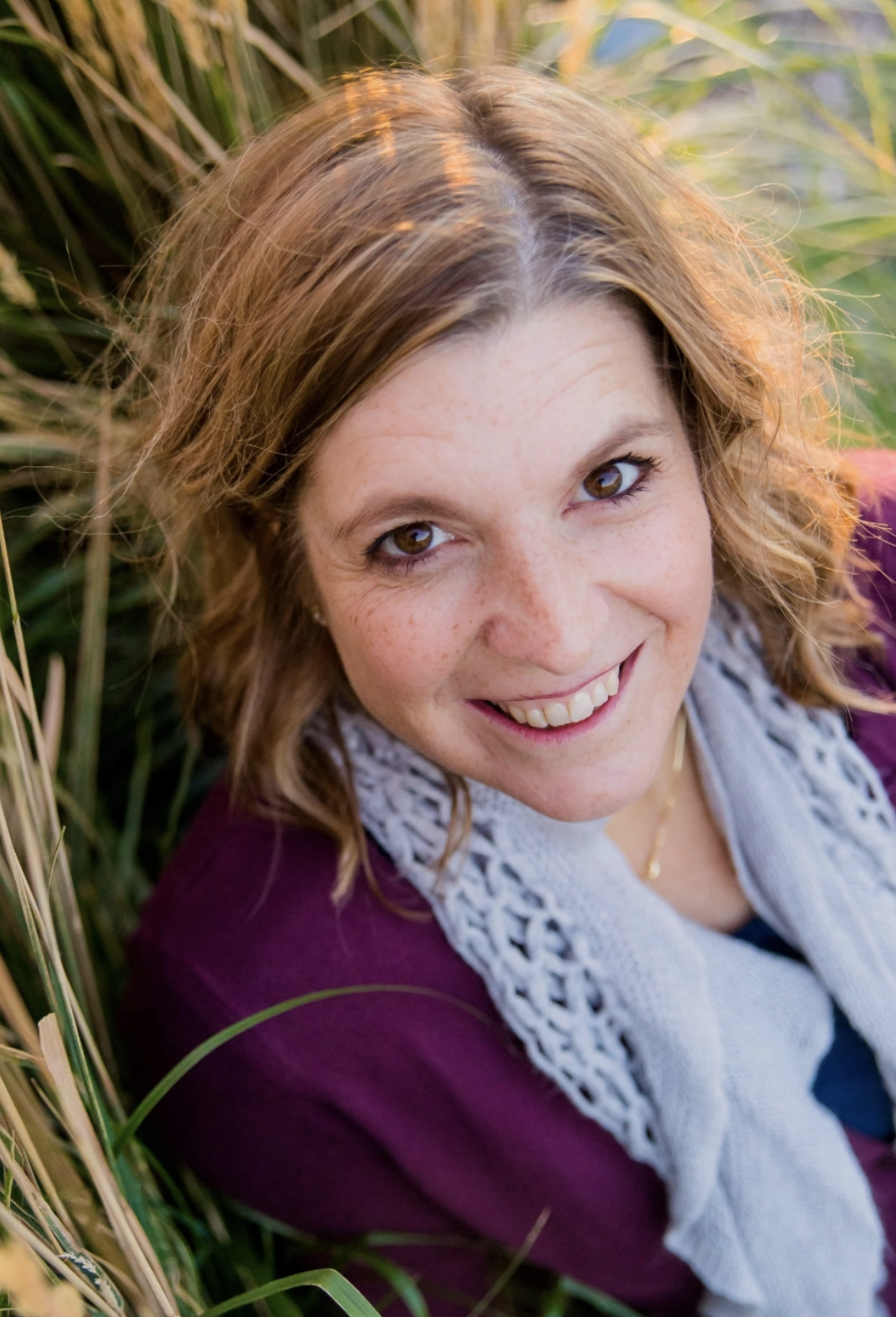 Heidi Dutson
Heidi Dutson
Prevention Administrator & Regional Director, Utah Department of Health and Human Services
Heidi came to the Prevention Field after working for several years in the Health Insurance Industry. She studied Business and Administration in her schooling. While taking a parenting class from her local coalition, Heidi was 'lit up' about the science she was learning, which eventually led to a career pivot for her. She started teaching the parenting classes, then she worked for the Tooele Communities That Care coordinating evidence-based prevention programs in schools. After a couple of years, she was promoted as the lead Coordinator for Tooele CTC, then she took an opportunity with the State of Utah in the Summer of 2018 to provide training and technical assistance for coalitions and prevention professionals across the State. She also serves as the Regional Director for two of the states prevention districts: Tooele, and Northeastern Utah. She loves helping new prevention professionals acclimate to their work, system, and frameworks.
Heidi and her husband have 8 children combined, each bringing 4 to their blending family. She has 6 grandchildren as well, so this crew keeps her on her toes. She enjoys traveling and the outdoors, exploring new scenery and history/culture (and let's not forget food) of different areas. Reading, hiking, and spending time with friends and family are what she loves to do most in her free time.
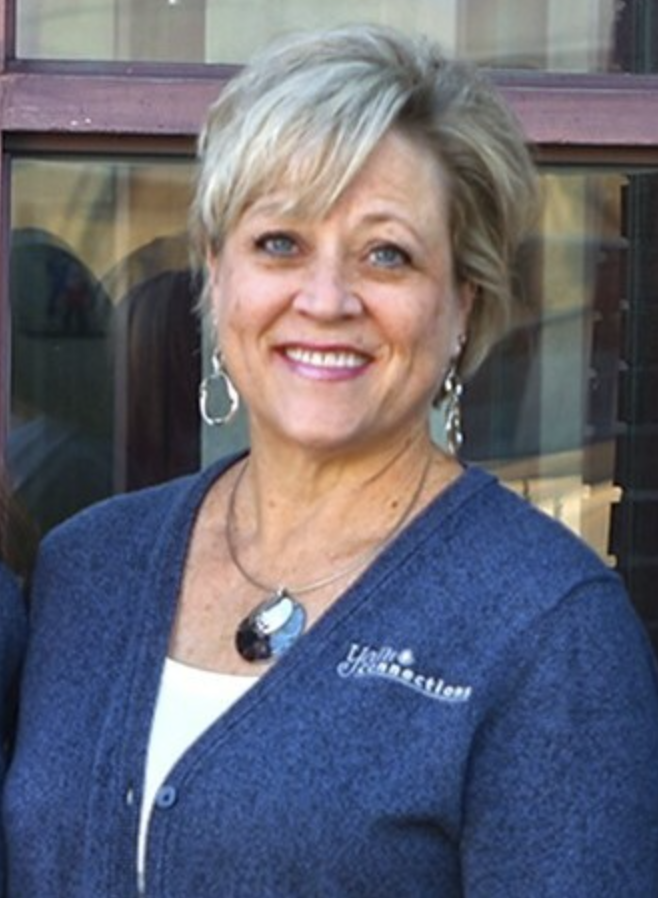 Coleen Smith
Coleen Smith
Executive Director, Youth Connections Coalition, Montana
Coleen is a native Montanan, growing up in the Bitterroot Valley (Hamilton). After leaving the beautiful state for 20 years to live in the 4 corners of the U.S. – Alaska, Florida, Massachusetts, and multiple places in between, she returned to Helena 20+ years ago. She took over as Exec Dir almost 10 years ago for a local coalition who was at the end of their funding. They were a school district program, and when funding went away they had to go our separate ways. She set up the 501c3 to continue the work. In 2018 she wrote and they were awarded the contract with the Dept of Health and Human Svc to provide training and technical assistance to all the prevention specialists across the state. This had never been done before, so everything was from scratch. The majority of the work was done by 4 TA’s. They brought another TA on and then a TA to work specifically with the tribes. With the expansion of prevention in Montana last October, they got 3 more people. They have 10 TAs now! She focuses on statewide collaborations and other projects with the state. In addition, they have a quarterly magazine they developed that is syndicated for other coalitions. She works with a committee to develop content, sell and service the syndicates, look for and write grants, keep her finger on the pulse of anything marijuana-related, and do books for YouthConnections. 🙂
Coleen enjoys hiking, golfing, and boating with her husband, David. She also likes singing with the Helena Symphony Chorale. She has two daughters and sons-in-law, two granddaughters, two step children and a step grandson. Prior to landing in substance abuse prevention in 2013, she worked in public relations, sales, and program development. Her happy place is Glacier Park. Coleen’s greatest accomplishment in prevention is taking Youth Connections from one part time employee to a staff of ten, surviving with virtually no grant funding.

![]()